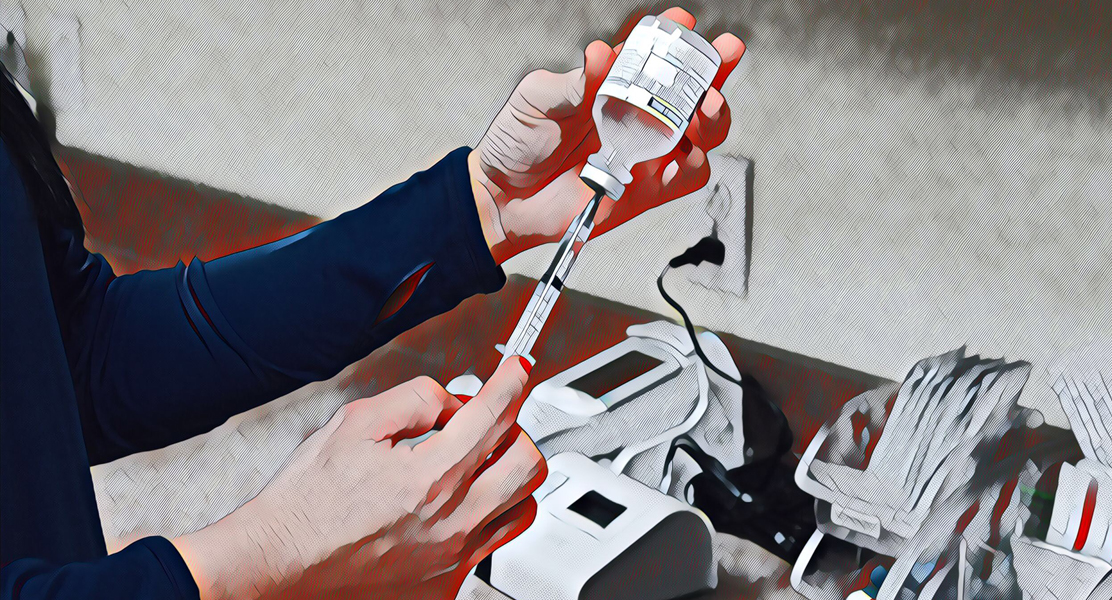New York court declines to halt removal of religious exemptions from vaccination requirements

A judge in New York has upheld the state’s recent decision to end all religious exemptions from vaccination requirements to attend school. A group of parents brought a constitutional challenge against the move, claiming it requires them to choose between their religious beliefs – which are in conflict with vaccination – and sending their children to school in the state.
The judge acknowledged the dilemma and religious burden the parents face, but the judge refused to issue an injunction, citing the potential damage to public health of leaving the exemption in place.
Here are key excerpts from the opinion:
Having read the hundreds of affidavits from plaintiffs and potential plaintiffs about the difficult choices and consequences to their lives if the repeal is enforced, the Court acknowledges the magnitude of disruption and potential harm they would suffer.
On the other hand, if the legislative repeal of the religious exemption is enjoined, people who are unvaccinated, because they are too young or for medical reasons or because they otherwise did not receive childhood inoculations, are placed at increased risk of contracting diseases which, as history shows, can result in life-long disabilities or death. Mandatory vaccination programs permitting only minimal exemptions unquestionably would reduce their exposure and risk of severe illness, allowing them to more freely attend schools and participate in communicate activities.
The plaintiffs argued that strict scrutiny of the legislature’s action is warranted because the regulations, they claim, are hostile to religious beliefs, but the court disagreed. More importantly, the court held that the plaintiffs are not likely to prevail even under strict scrutiny because of the interest at stake, noting that repeal of the religious exemption took place during the largest measles outbreak in the state in 25 years.
Protecting public health, and children’s health in particular, through attainment of threshold inoculation levels for community immunity from communicable diseases is unquestionably a compelling state interest.
For more on the issue of vaccination and religious exemption, see a 2015 column from BJC General Counsel Holly Hollman during a religious liberty controversy that year surrounding a measles outbreak. Hollman emphasized that when it comes to the health of children, the government’s interest is very strong. “Religious liberty,” she wrote, “does not require granting religious exemptions to immunization laws or similar interests that are required for public health and safety.”




